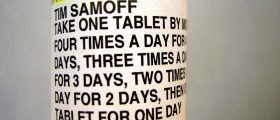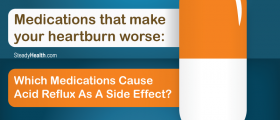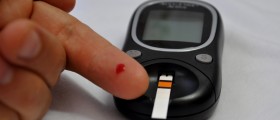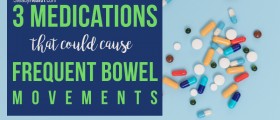Corticosteroids are medications used to reduce inflammation in affected areas of the body. Their function is to reduce redness, itching, swelling and reactions caused by allergies.
Corticosteroids are used to help manage numerous conditions from skin rashes and allergies, to arthritis and asthma.
The human body produces cortisol naturally, which is a stress hormone, that is necessary to maintain good health. In cases where the body doesn't produce this hormone, doctors then prescribe corticosteroids.
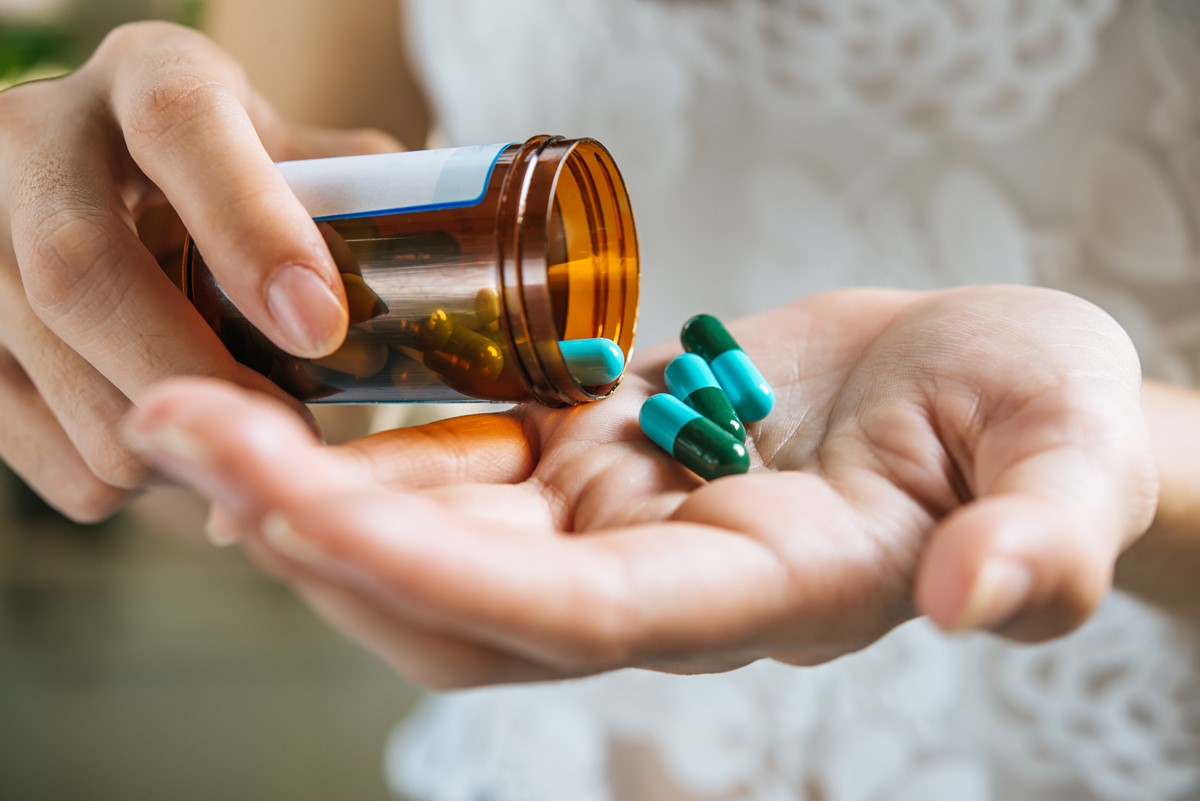
Importance of Diet
If corticosteroids are being prescribed to be used for a long time, then your doctor will suggest the following regarding your diet:
- Make sure you look after your calorie intake in order to prevent weight gain.
- Follow a diet that is low in salt and/or rich in potassium.
- Extra protein should be added to your diet.
If you are already on a special diet, then your doctor should be informed about this.
Proper use
Instructions to patients who are taking corticosteroids orally include the following:
- This medication should be taken with food to prevent increased acid production by the stomach.
- Increased acid production will be more likely to occur if you consume alcohol. Therefore, you should not be drinking alcoholic beverages while taking this medication.
Precautions
Patients taking corticosteroids for long periods of time should be aware of the following precautions:
- Doctors may prescribe bisphosphonates (such as Alendronate or risedronate) in order to prevent and manage any bone-related issues while taking corticosteroids.
- You should be referred to have your eyes examined by an ophthalmologist (eye specialist) before starting with corticosteroids and later during your treatment as well.
In the following situations, it's important to let the treating doctor know that you are using corticosteroid medication:
- Before you are scheduled to have any skin tests done.
- If you are going to receive emergency treatment or any surgery, including dental procedures.
- If you have a serious infection or sustain an injury.
For patients who are having corticosteroids injected into their joints, the following should be noted:
- You should watch out and not apply too much strain or stress on the limb of the injected joint, even if there's relief of symptoms.
- If swelling or redness occurs and worsens at the injection site, then you should consult with your doctor.
Side-effects
Corticosteroids cause side-effects that tend to resolve on their own, as the body gets used to the medication, but there are some that require medical attention. Inquire with your doctor if any of the following side effects are bothersome, continue or if you have any questions regarding these issues:
- Indigestion.
- Increased appetite.
- Increased thirst.
- Frequent urination.
- Loss of appetite, with triamcinolone only.
- Restlessness or nervousness.
- Disturbed sleeping patterns.
- Thinning of the skin, regarding topical medications.
- Blurred or decreased vision.







